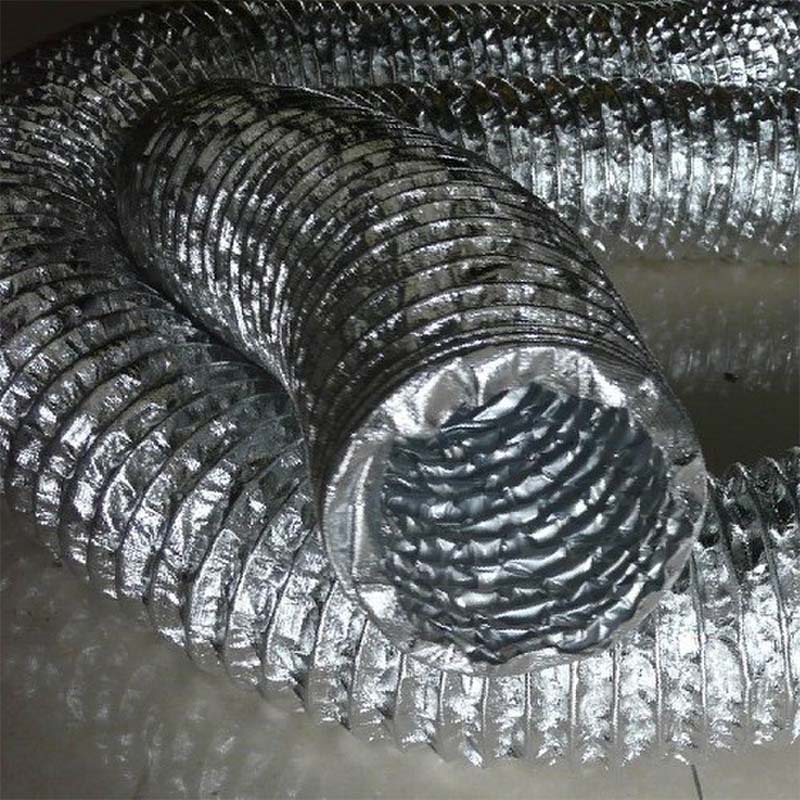Exploring the Benefits and Safety Features of LPG Cooker Hoses for Home Cooking Solutions
The Importance of LPG Cooker Hoses Safety and Efficiency in the Kitchen
Liquefied Petroleum Gas (LPG) is a popular fuel choice for cooking due to its efficiency and convenience. Many households rely on LPG cookers, making the quality of the connected hoses paramount for safety and performance. The LPG cooker hose is a critical component in ensuring a secure and efficient flow of gas to the cooking appliance. In this article, we will explore the significance of LPG cooker hoses, their materials, safety standards, maintenance, and replacement guidelines.
Understanding LPG Cooker Hoses
LPG cooker hoses are designed to transport gas from the storage cylinder to the cooker. Typically made from durable materials such as rubber or thermoplastic, these hoses must withstand high pressure while remaining flexible enough for ease of use. The design and construction of the hose are vital in preventing leaks and ensuring a steady gas supply, which is vital for safe cooking.
Safety First
Safety is the primary concern when dealing with LPG. Leaks can lead to dangerous situations, including explosions and fires. Consequently, LPG cooker hoses are manufactured to meet stringent safety standards. In many countries, hoses are required to be certified by relevant safety authorities. For example, in Europe, hoses often carry the EN 1763 standard mark, ensuring they meet rigorous testing for pressure resistance, durability, and safety.
Choosing the Right Hose
Selecting an LPG cooker hose involves several considerations. First, it is essential to choose a hose that complies with local regulations and safety standards. The hose's diameter and length should fit your specific cooking setup, ensuring efficient gas delivery without unnecessary bends or kinks that could restrict flow.
In addition, consumers should be aware of the age and condition of their hoses. Most LPG hoses have a lifespan of about 5 to 10 years, depending on factors such as usage frequency and environmental exposure. Regular inspections for wear, cracks, or other damage should become a routine practice for anyone who uses LPG for cooking.
Maintenance Tips
lpg cooker hose

Maintaining your LPG cooker hose is crucial for safety and efficiency. Here are some simple tips
1. Regular Inspections Check for signs of wear, such as cracks, leaks, or soft spots. If your hose shows any of these signs, replace it immediately.
2. Proper Storage When not in use, store your cooker hose in a cool, dry place, away from direct sunlight and extreme temperatures. Prolonged exposure to heat or UV rays can weaken the material and lead to failure.
3. Check Connections Ensure that the connections between the hose and the cooker or gas cylinder are tight. Loose fittings can cause leaks.
4. Use Soapy Water for Leak Detection If you suspect a leak, apply soapy water to the connections. If you see bubbles forming, there is a leak that requires immediate attention.
Replacement Guidelines
If you determine that your LPG cooker hose is damaged or has reached the end of its service life, replacement is essential. When replacing your hose, choose a product from a reputable manufacturer that meets all necessary safety standards. Installation should be carried out according to manufacturer guidelines, and if you’re unsure, it’s best to consult a professional for assistance.
Conclusion
The LPG cooker hose plays a vital role in ensuring safe and efficient cooking at home. By understanding its importance, selecting the right product, maintaining it properly, and knowing when to replace it, you can significantly reduce the risk of gas-related accidents and enjoy the many benefits of using LPG in your kitchen. Remember, safety should always be your top priority when dealing with gas appliances.
-
Top Quality Oxy Acetylene Hoses for Sale Fit for Welding DemandsNewsJul.28,2025
-
The Future of Pneumatic Air Tubes in IndustryNewsJul.28,2025
-
Superior and Reliable LPG Hose Pipe Solutions for Every NeedNewsJul.28,2025
-
Exceptionally Durable and Versatile Premium Braided PVC TubingNewsJul.28,2025
-
Best Adapters for Connecting Garden Hose to PVC Pipe ConnectionsNewsJul.28,2025
-
The Essential Role of LPG Hoses in Safe and Efficient Gas DistributionNewsJul.16,2025














